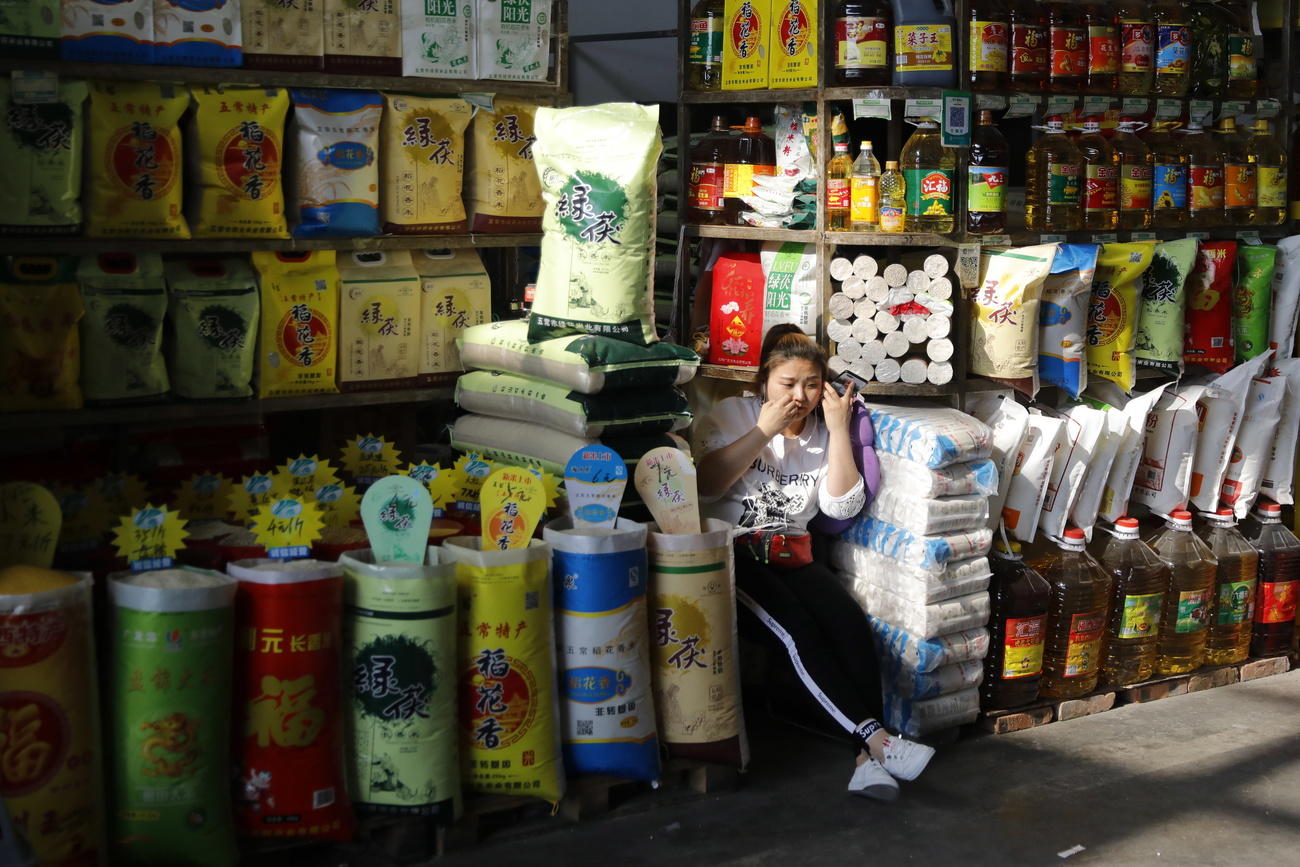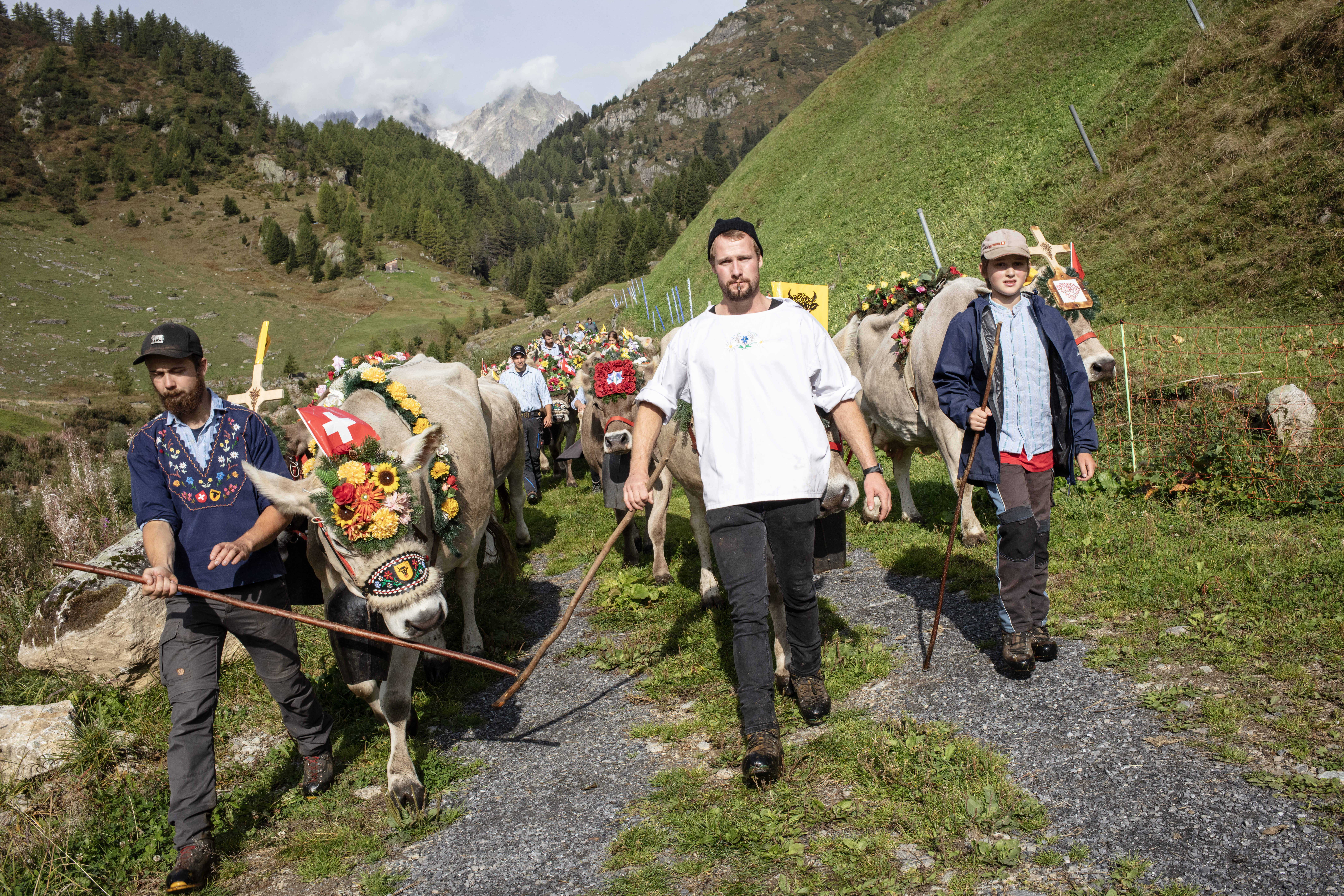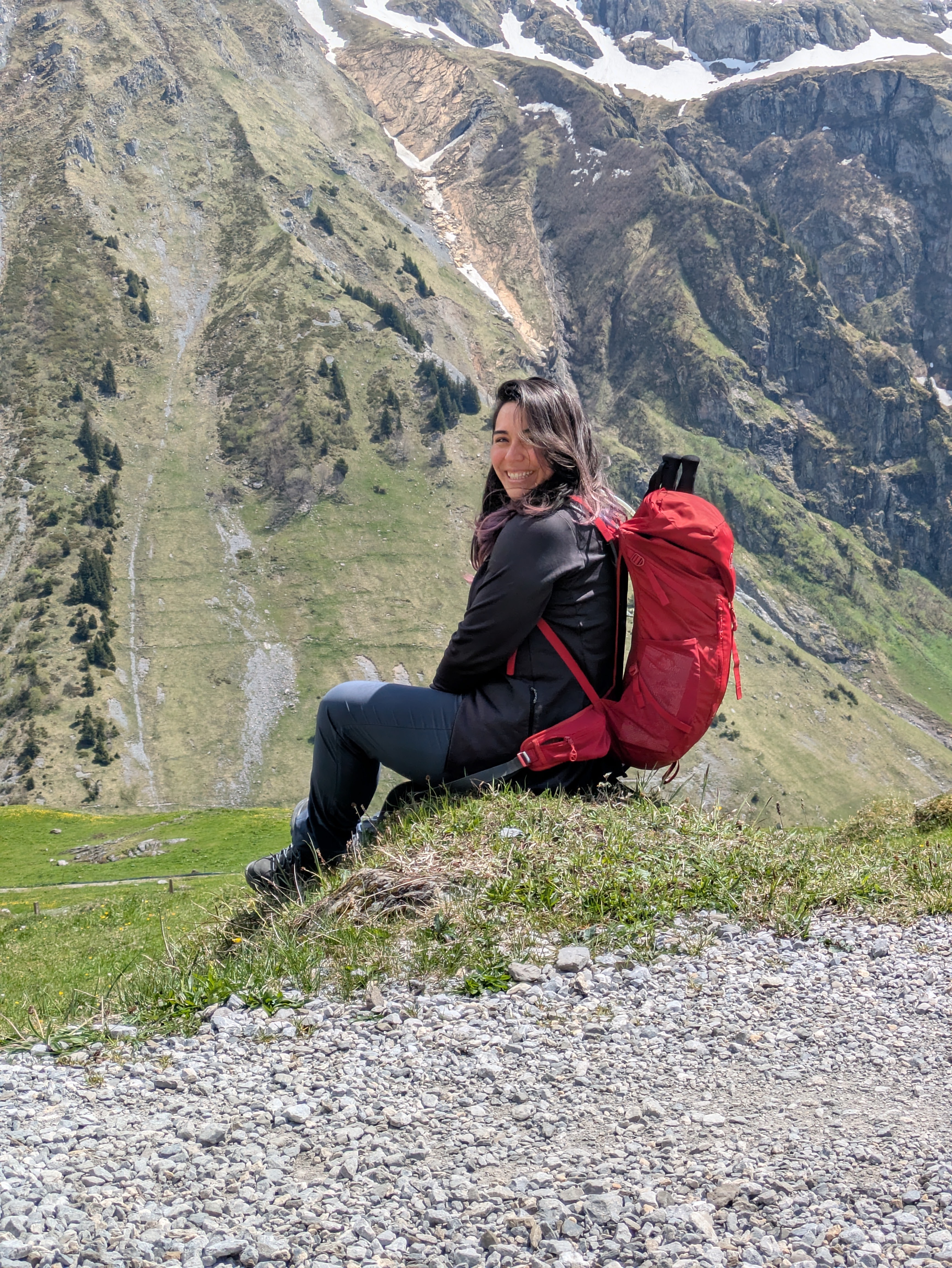
NGO urges tougher rules for agricultural traders

Switzerland’s leading investigative NGO is calling for greater transparency and regulation of agricultural traders in the Alpine nation, pointing to the wide range of human and labour rights issues that arise in the low-income producing countries.
“Switzerland, as a home state to many of the globally significant agricultural traders, has a central role to play in ensuring more balanced power relations along global agro-food value chains,” notes Public Eye in an in-depth report examining the agricultural commodities sector. External link
The organisation – drawing on industry and government figures – estimates that at least 50% of global grain trade is handled by Swiss-based actors, and that 40% of globally traded sugar is dispatched from computers in Switzerland. Similarly, Switzerland has its hand in at least 30% of cocoa traded globally, in at least 30% of coffee, and in at least 25% of cotton.
Complicating calculations is the fact that commodity trading in Switzerland is comprised largely of so-called transit trade, so that goods traded via Switzerland do not show up in import and export statistics. Many Swiss-based agricultural traders, argues Public Eye, cannot be regarded as pure trading companies but should be seen as global value chain managers instead.
Calls for tougher regulations
The organisation wants Switzerland to issue stringent regulations to tackle the range of human rights violations – ranging from the lack of living wages and incomes, to forced and child labour, as well as health and safety hazards – that arise along the value chains of Swiss-based companies.
Switzerland still relies largely on corporate social responsibility – not enough in the view of Public Eye which every year issues multiple deep dive reports looking at human rights issues arising in the value chain of Swiss-based companies.
Corruption and tax-dodging are other issues of concern in the agricultural sector.
“Switzerland must ensure there is sufficient transparency in the commodity trading sector as well as mandatory Human Rights Due Diligence that covers high-risk activities and ensures respect for human rights wherever Swiss companies do business,” says the organisation.
Switzerland’s so-called “Responsible Business Initiative” – which aims to hold Swiss-based multinational companies accountable for human rights and environmental violations abroad – has led to considerable wrangling in parliament and may be put to a national vote.

In compliance with the JTI standards
More: SWI swissinfo.ch certified by the Journalism Trust Initiative





























You can find an overview of ongoing debates with our journalists here . Please join us!
If you want to start a conversation about a topic raised in this article or want to report factual errors, email us at english@swissinfo.ch.